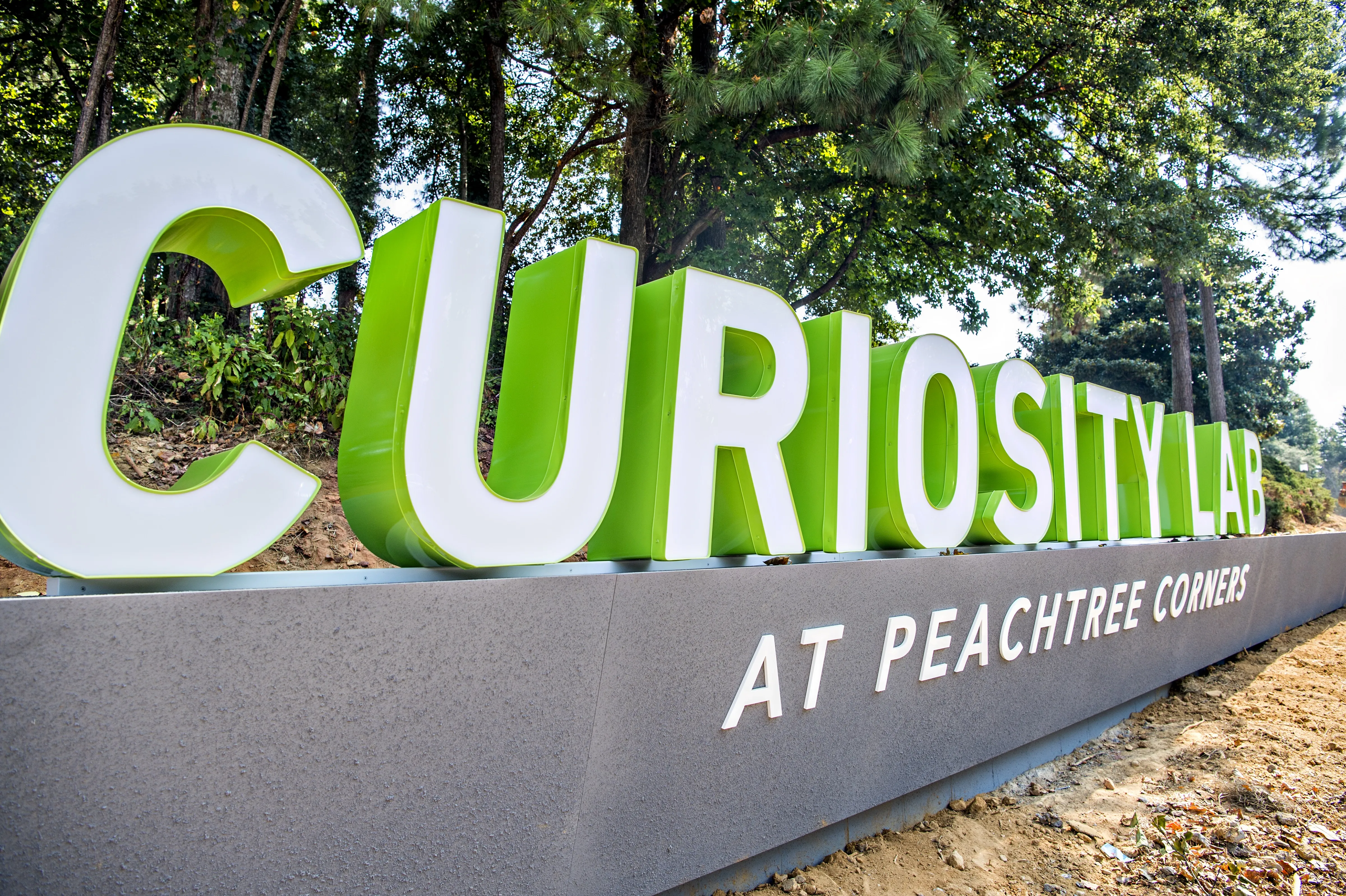
The US city of Peachtree Corners is allowing Bosch Building Technologies to test and develop its Video as a Sensor (VaaS) technology in a smart city environment.
Located in metro Atlanta, Georgia, Peachtree Corners is a hub of connected infrastructure and hosts such innovations as smartphone-activated e-scooters, an autonomous shuttle and a solar roadway to an electric vehicle charging hub.
It is also home to Curiosity Lab, a 5G-enabled autonomous vehicle (AV) and smart city living laboratory set up by the city which features a 1.5-mile test track to explore emerging technologies. Additional infrastructure includes a network operations centre, smart poles and dedicated short-range communication units.
Lewis Stallworth, business development manager with Bosch, says VaaS tech assists city planners in making informed decisions on traffic management based on real-time data at and around intersections.
As part of the project, Bosch is to test its edge computing capabilities at Curiosity Lab’s connected intersection.

“Partnering with the City of Peachtree Corners and Curiosity Lab gives Bosch an opportunity to showcase and test its intelligent video analytics with machine learning capabilities on the roadway of the future, with a connected intersection, AVs, autonomous scooters and autonomous package delivery,” Stallworth adds.
The technology is expected to generate new insights into traffic planning of the future while also unveiling a host of data points that will help other cities better prepare for the technology.
Brian Johnson, city manager of Peachtree Corners, says: “Our 5G-enabled living laboratory will give Bosch the opportunity to push the limits of their technology in a real-world setting that is almost impossible to replicate in a closed lab, while enhancing overall city operations and the lives of our residents.”










